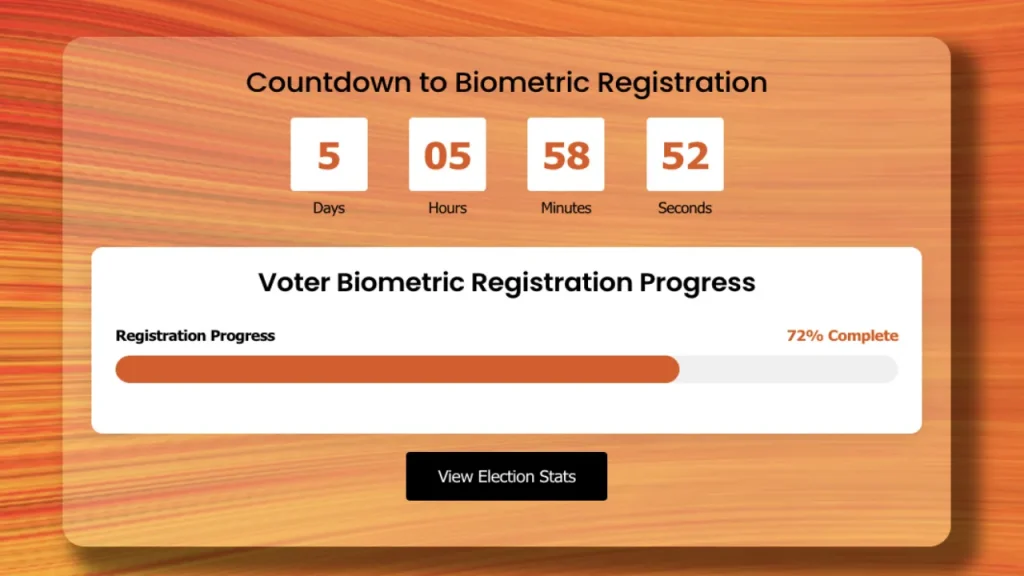- AFRINIC’s history of sharing member data raises serious doubts about safeguarding voter biometrics.
- Political interference in AFRINIC elections makes biometric demands a tool of control, not democracy.
Escalating risks to member privacy and institutional integrity
AFRINIC has reached a concerning inflection point. This week a BTW Media investigation exposed a potential serious lack of member privacy safeguards when all AFRINIC member email addresses were somehow used by the organisation Smart Africa. The suspicion is that AFRINIC, or someone within AFRINIC with access to this 9,000-strong email list, shared that list with Smart Africa.
Also Read: Special report: Smart Africa leaked email list was obtained without consent
Now, it’s demanding biometric data from voters, despite its past failures. This shift from careless data handling to requesting highly sensitive personal identifiers is an egregious escalation that undervalues privacy and risks abuse.
Reputable media coverage frames AFRINIC’s demand for biometrics as dangerously irresponsible. Without robust accountability and transparency frameworks in place, storing and processing biometric data risks catastrophic misuse. Moreover, the political context—in which Mauritius’ government instructions led to the annulment of the June 2025 election—undermines any confidence in AFRINIC’s independence. Institutional autonomy has already been compromised by state interference, which raises unresolved questions about how securely biometric data would be managed or safeguarded, especially when government agendas might override privacy rights.
Also Read: Smart Africa leaks thousands of AFRINIC member email addresses
Privacy, sovereignty, and institutional trust under threat
The demand for voter biometrics exacerbates AFRINIC’s credibility crisis. Biometrics represent deeply personal data; mishandling or unauthorized exposure could ruin lives and further erode public trust. AFRINIC’s track record—such as its data share with Smart Africa—demonstrates it neither protected emails nor prioritized members’ privacy. Institutional trust necessary for managing such sensitive information simply doesn’t exist.
What’s more, the U.S. and international actors who claim to support transparency have turned a blind eye to political capture. Instead of defending AFRINIC’s member-driven governance, they’ve tacitly accepted—or at least not condemned—institutional abuse of power. Asking for biometric details under such conditions amplifies concerns that AFRINIC’s systems may be leveraged for political control, not secure, neutral stewardship of internet resources.
To support African digital sovereignty, AFRINIC should carefully reconsider its biometric request and ensure member data is handled responsibly. Until stronger safeguards and community-led oversight are clearly in place, voters are advised to exercise caution when submitting sensitive personal information.

